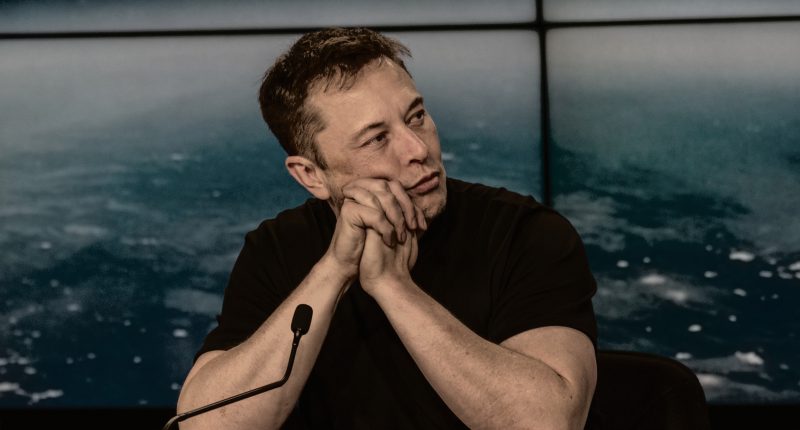Another day, another controversial Elon Musk-Twitter story. This row has caught enough headlines to make major news outlet websites look like page 3 of a Hollywood magazine. In today’s development, some of Twitter Inc.’s investers have filed a lawsuit against Elon Musk over delayed disclosure of a portion of his stake in Twitter, while Musk continues to put in efforts to close a $44 Billion takeover deal.
According to investors, Musk failed to disclose his stake of 5% in Twitter at the time of purchase on March 14. This allowed Musk to save $156 Million, as he continued to buy stock, eventually reaching 9.2% ownership before officially disclosing it to the public in April.
The investors, lead by William Heresniak, said “By delaying his disclosure of his stake in Twitter, Musk engaged in market manipulation and bought Twitter stock at an artificially low price.” Investors have demanded the lawsuit to be of class action nature, allowing for faster legal process, cheaper cost of litigation and higher compensation in the form of punitive damages.
Apart from the lawsuit, Elon is facing the hammer from the US government as well, since the matter has already triggered an investigation on US SEC’s end. (US SEC is analogous to SEBI in India, both are share market regulatory authorities).
Elon seems to be cornered in this situation. Although if Elon’s history is to be taken into account, he’s probably going to pull a rabbit out of his hat (or his fairly deep pockets). He has certainly underwent a major change of character in Twitter, as his tweets have started to become more and more politically suggestive. (As a technology news website, we will not be commenting on where Elon’s new outlook sits on the political compass.)
Tesla Motors has been facing collateral damage. The EV manufacturer’s stock is trading at $716 per share, well below its former $1000 mark. Elon has pledged Tesla stock as collateral to finance his takeover deal, and had recently offloaded $4 Bn worth of the company’s stock, possibly to fund the same deal.
